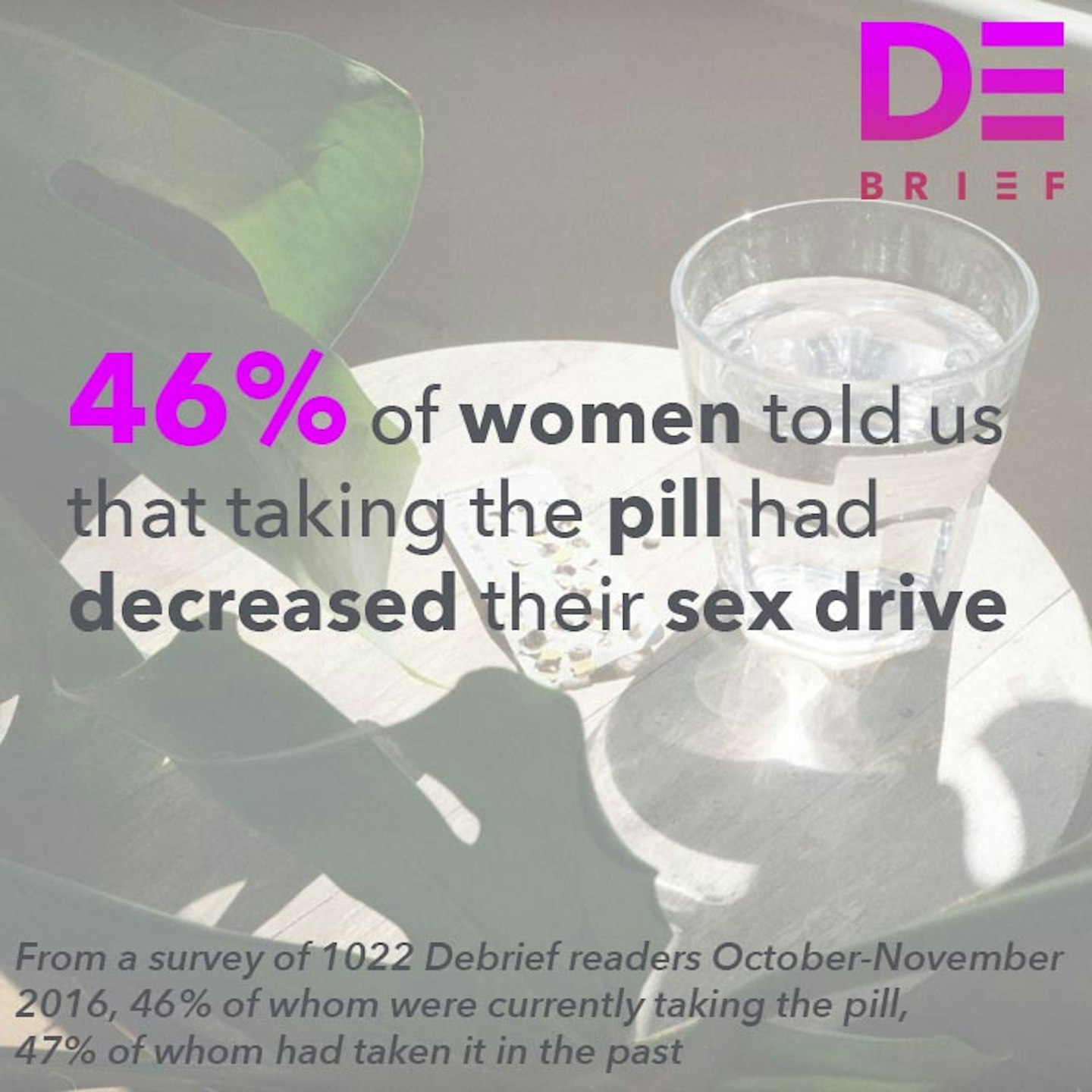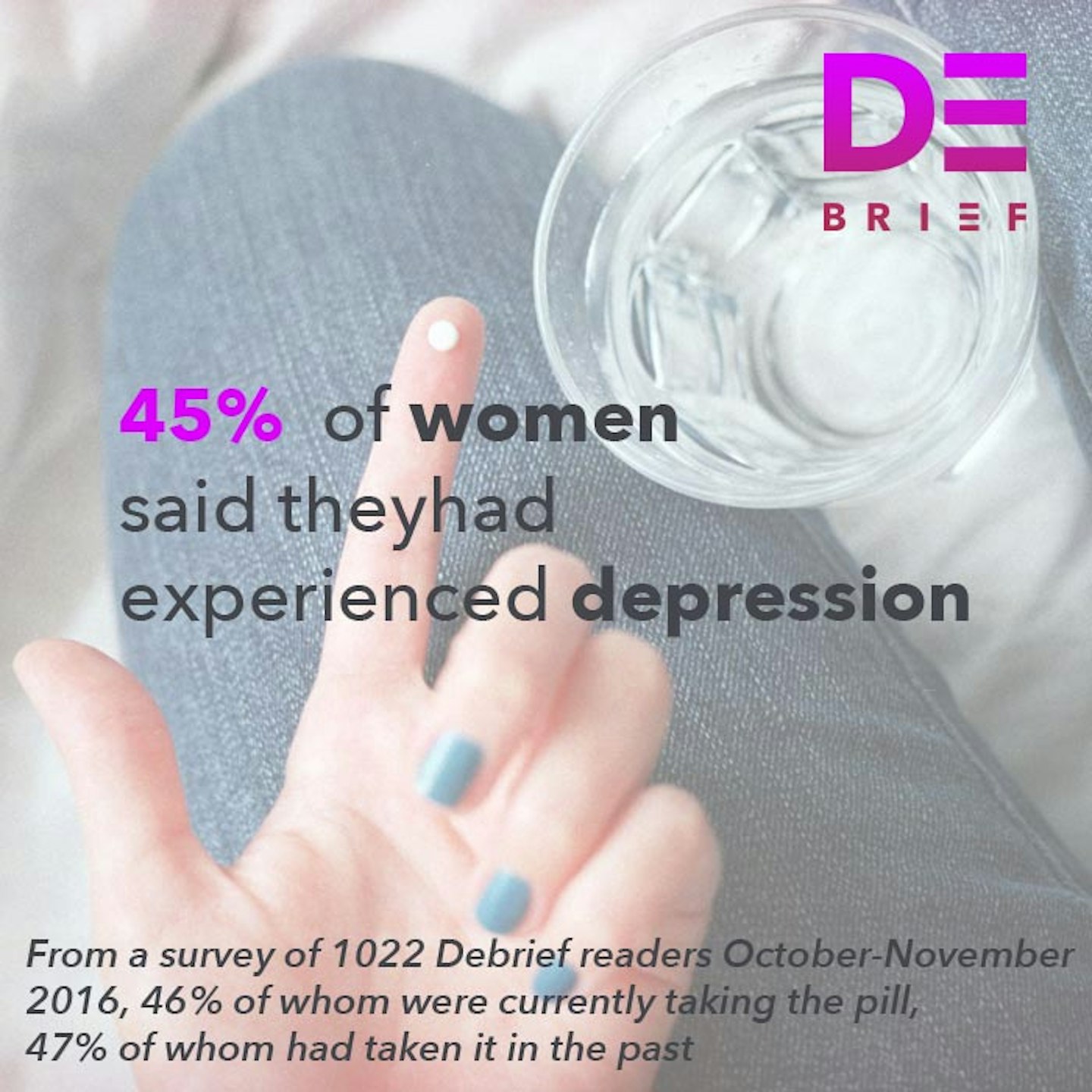Polycystic ovary syndrome affects up to one in five women worldwide, yet 70% of cases continue to go undiagnosed. The research into the condition that impacts a woman’s fertility and can cause symptoms like irregular periods has historically been limited. However, as women’s health begins to be taken more seriously, more is being uncovered about the cause and possibly cure of the syndrome.
Now, a study has found that PCOS can actually be caused by a hormonal imbalance passed down genetically, and so is present even before birth. Beyond that, they have also found that treating it with an IVF drug used to control hormones can decrease symptoms.
Researchers from the French National Institute of Health and Medical Research found that women with PCOS have a 30% higher level of a hormone called anti-Mullerian hormone (AMH), possibly triggering the condition before birth by excess exposure in the womb.
Testing their theory that the hormone imbalance could be passed onto a child during pregnancy, they injected AMH into pregnant mice and found that as their offspring aged, they had suffered PCOS symptoms including a delay in getting pregnant and sporadic ovulation.
Using cetrorelix, an IVF drug that controls women’s hormones, the mice stopped showing PCOS symptoms, which had been overstimulating a set of brain cells that raise testosterone levels.
Now moving toward a clinical trial in humans later this year, Paolo Giacobini, who led the research, told New Scientist, ‘It could be an attractive strategy to restore ovulation and eventually increase the pregnancy rate in these women.’
The research is being hailed as at long last finding the cause of PCOS, which is a huge step towards finding a cure. Robert Norman, a Professor at the University of Adelaide, told the publication, ‘[PCOS is] by far the most common hormonal condition affecting women of reproductive age, but it hasn't received a lot of attention.’
He continued that the research findings are ‘a radical new way of thinking about polycystic ovary syndrome and opens up a whole range of opportunities for further investigation.’
We can only hope that such investigation continues, since women have been dealing with under-researched health conditions for decades, it’s about time...
Click through to see all of the statistics you should know about the contraceptive pill and it's impact on your health...
Debrief Mad About The Pill Stats
 1 of 9
1 of 9Debrief Mad About The Pill Stats
 2 of 9
2 of 9Debrief Mad About The Pill Stats
 3 of 9
3 of 9Debrief Mad About The Pill Stats
 4 of 9
4 of 9Debrief Mad About The Pill Stats
 5 of 9
5 of 9Debrief Mad About The Pill Stats
 6 of 9
6 of 9Debrief Mad About The Pill Stats
 7 of 9
7 of 9Debrief Mad About The Pill Stats
 8 of 9
8 of 9Debrief Mad About The Pill Stats
 9 of 9
9 of 9